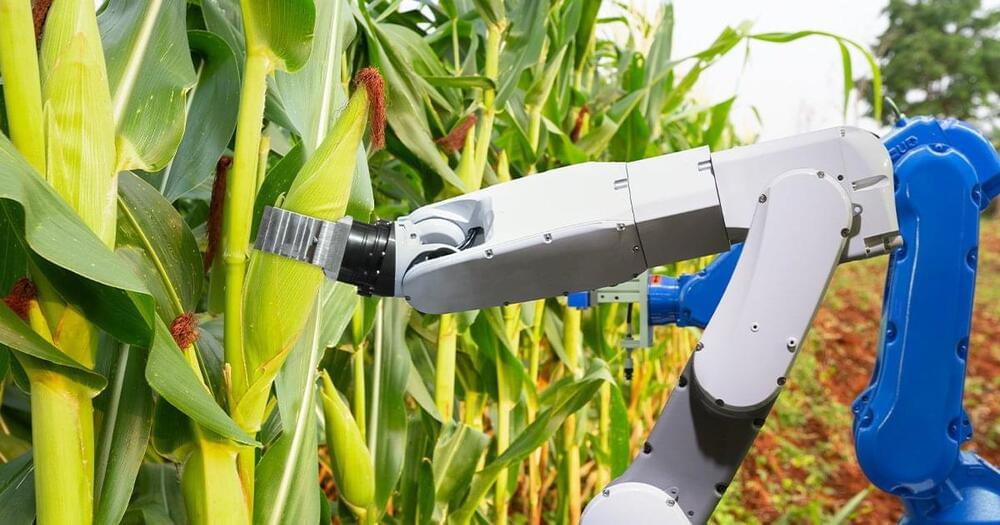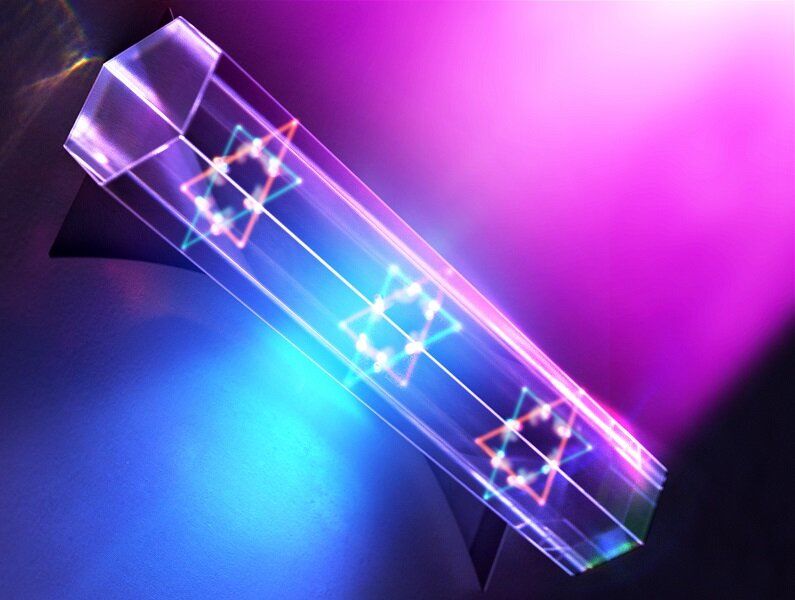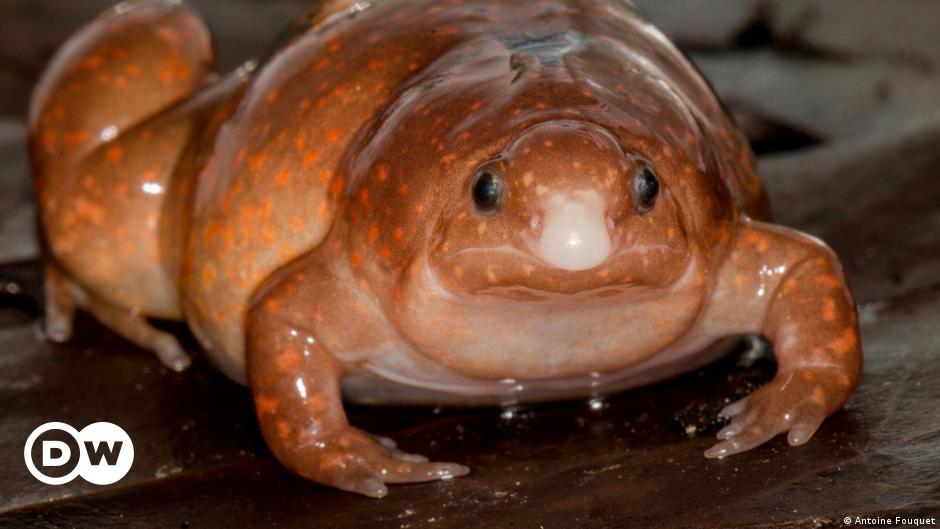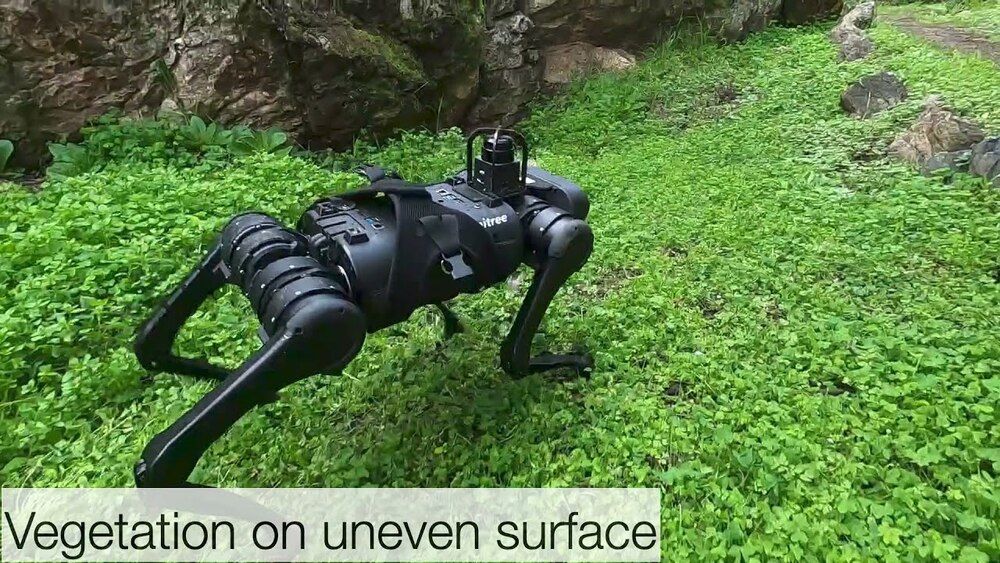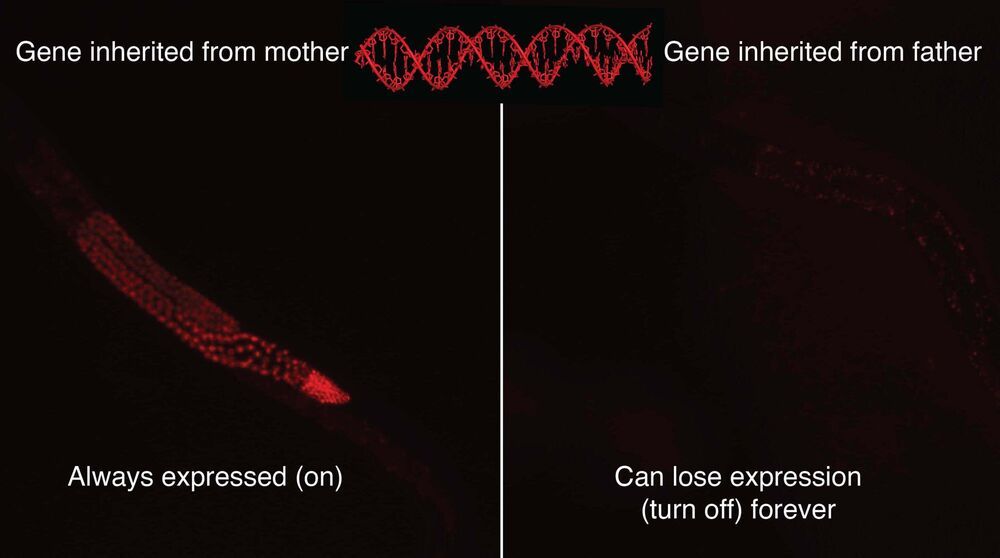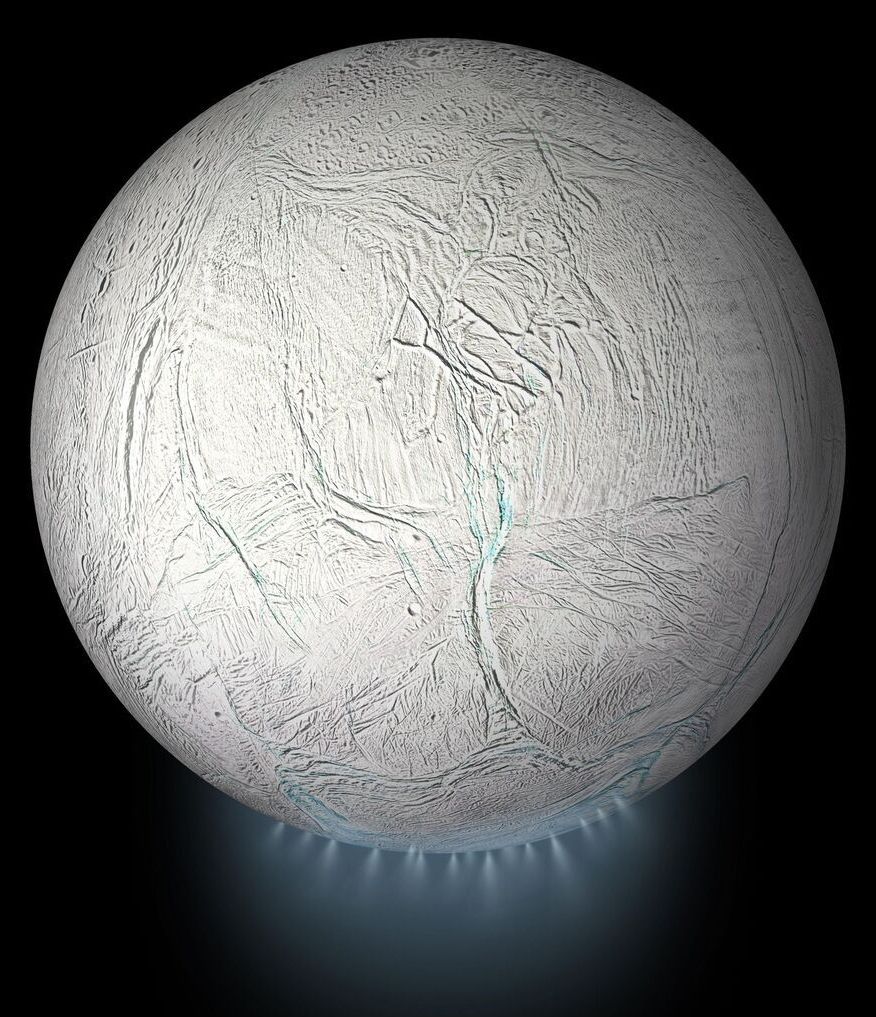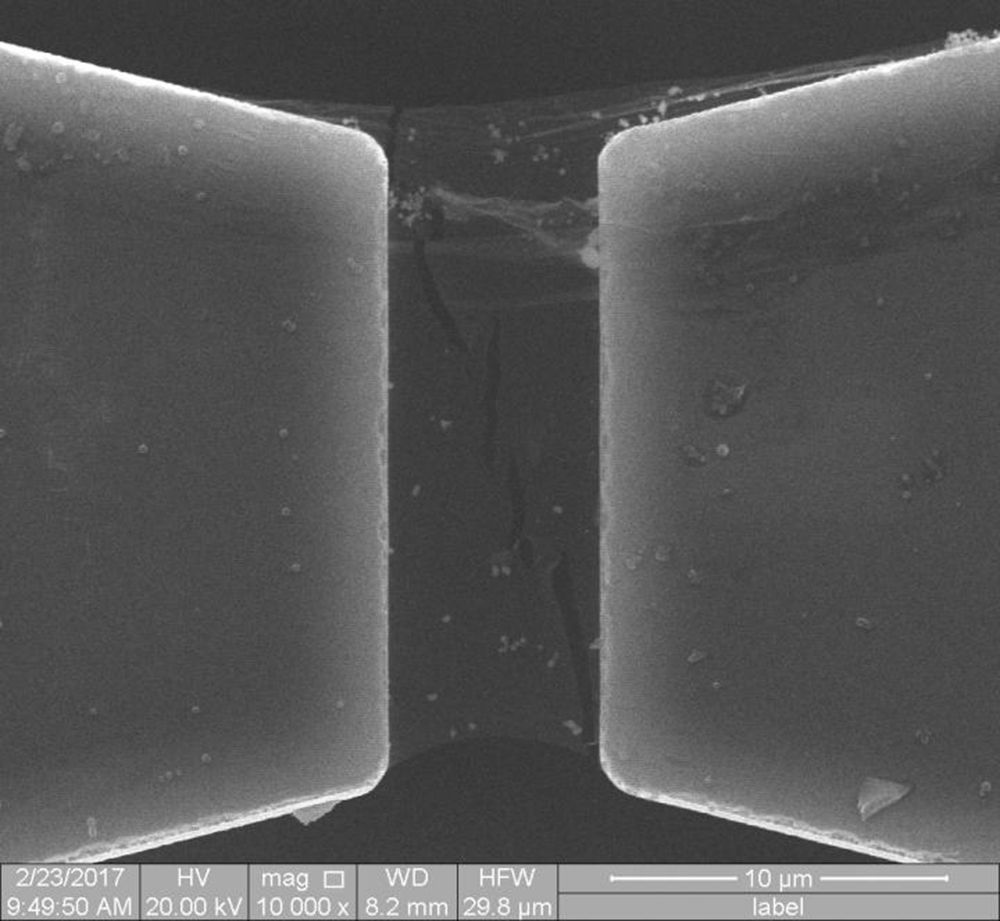Jul 9, 2021
Australia’s First Fully Automated Smart Farm Will Use Only Robots For Field Work
Posted by Jason Blain in categories: food, robotics/AI, sustainability
The smart farm: To show just how much these technologies could help farmers, CSU and Food Agility have partnered to create the Global Digital Farm (GDF).
The smart farm will be built at CSU’s Wagga Wagga campus, and it will feature autonomous tractors, harvesters, and other farming robots, as well as AI programs designed to help with farm management and more.
Teachable moments: The plan isn’t for the GDF to simply demonstrate what a smart farm can look like — CSU and Food Agility want to use it to teach Australia’s farmers how to take advantage of all the tech that will be on display.
